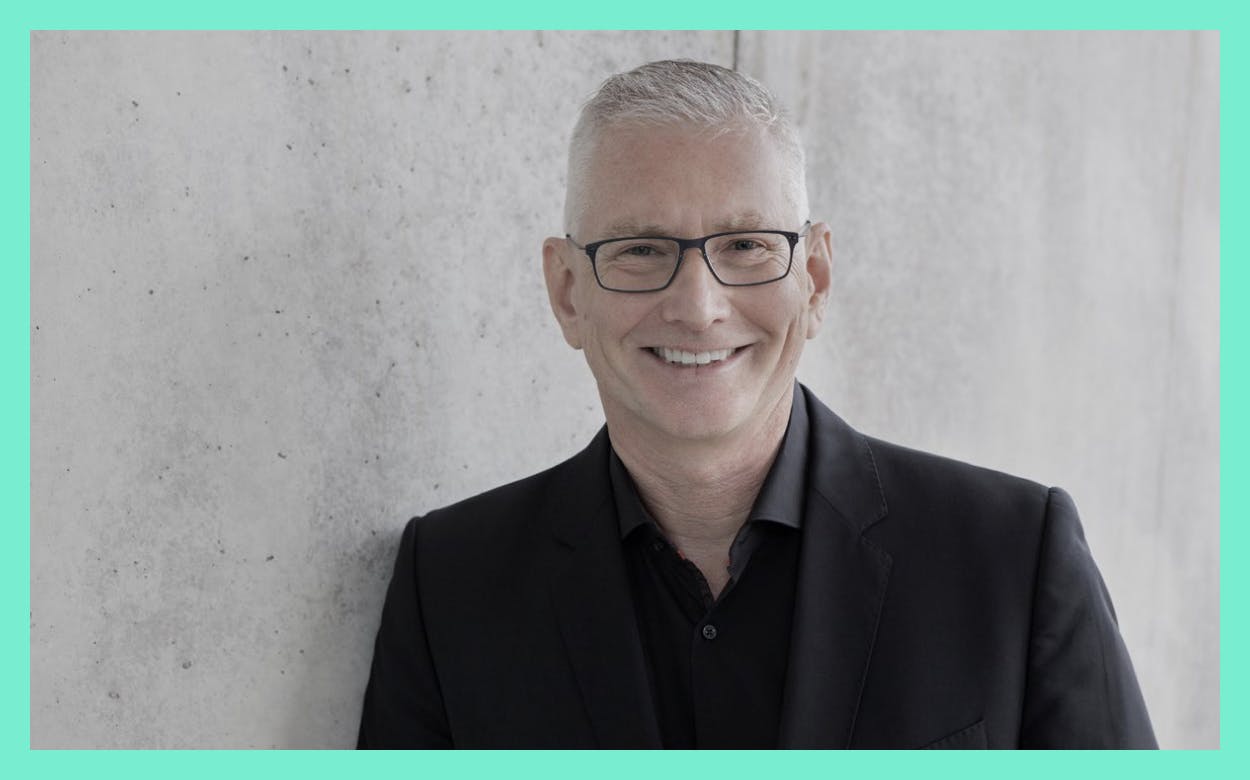Jaroslav Bláha (CEO, CellmatiQ)
A technologist and computer science expert by heart, Jaro Bláha has 30+ years of experience in leading-edge innovation. He has led worldwide strategic initiatives and organizations, serving as NATO Chief Architect in Belgium, Chief System Design for ThalesRaytheonSystems in France, Global Program Manager for Logistic Systems at DB Schenker, CIO of the Swiss electrical grid, and Global CIO/CTO for Solera Holdings in the U.S. He participated in the development of the 1st German autonomous vehicle in 1987 and developed his first AI in 1995. In 2018, he co-founded CellmatiQ with the goal of advancing AI-based image analysis in healthcare (and beyond). Currently, he is also supporting the cloud and technology migration journey of PAYBACK (an American Express company) as its CTO.

Can you explain your job to a five-year-old?
Unlikely, but let’s try: There are many amazing people who have great ideas for IT products, and many of these people can build such products. My role is to bring these people together and give them an environment where they can succeed in building safe and reliable products in a fun way. In the world of a five-year-old: Somebody draws a picture of a house, and then somebody goes on to build the house from Legos—I bring the Legos and enough chocolate.
What excites you most about your job?
What has amazed me over the past 30 years is the community of great technical experts and the multitude of exciting technologies that are continuously evolving. To effectively combine those, I enjoy learning new stuff across both domains almost daily. Sometimes this requires patience: My master’s thesis on AI in 1995 had little practical value; now—25 years later—I can actually use the knowhow in real products.
Which trend will change the future of medicine?
There is already a lot of useful technology available that could change medicine in prevention, diagnostics, and therapy. Mostly these are interesting prototypes, but they are rarely finished products that pass validation and certification for safe use. In Europe, the major reason for this is the scarcity of sufficient high-quality data, as the privacy laws are made by the healthy for the healthy. The demand for better medical technology will hopefully motivate lawmakers to work for the patient’s benefit.
Looking back, which trends have you missed or underestimated?
Lucky for me, I have participated in all the trends that are relevant to me, from the early days of networking and cybersecurity to the latest developments in cloud computing or AI. One trend that I’ve successfully and happily avoided is the extensive privacy abuse through social media like Facebook.
Which MedTech initiative or startup deserves more attention?
I am very interested in easy and early cancer diagnostics—e.g., by liquid biopsy, which I believe will be a game-changer once it is mature enough and the established medical and insurance system recognizes its long-term benefit.
Where would you put a million dollars?
As an expense, I would donate a bonus to all the dedicated healthcare professionals who are continuously fighting to keep Covid survivable for many.
What’s the best advice you’ve ever received?
“Perfection is the enemy of the good enough,” by my dear former colleague Silvano.